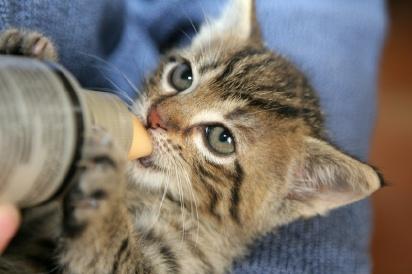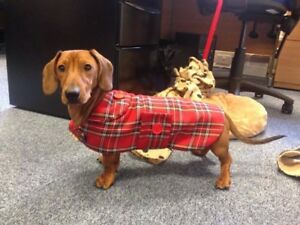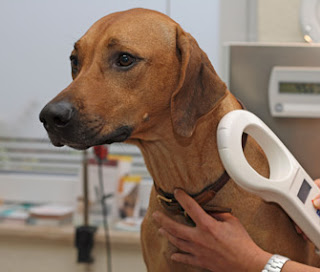
If you’re in the middle of weaning your Persian kittens from their mother, then you may be wondering what to feed your kittens as a substitute for milk. Talk with your vet to find out the best foods for your kittens. During the initial phases of weaning, you should serve the Persian kittens a milk replacer in a shallow bowl. Make sure you do not use cow’s milk as this might cause stomach upset or diarrhea. You will have to teach your kittens how to drink from the bowl by first dipping your fingertip in the milk and allowing the kitten to lick it. Show him where the bowl is and guide him to it. During the next phase of weaning you will want to add some moist cat food to the bowl. After this step, consult with your pet clinic Ashburn VA in regards to moving your Persian kitten on to dry food.





